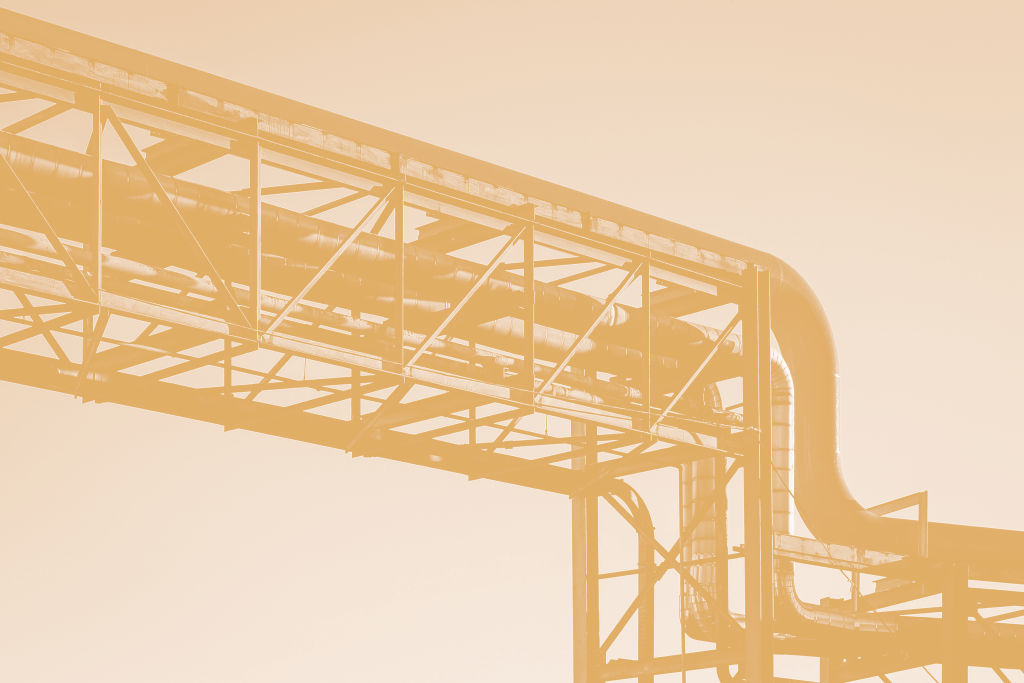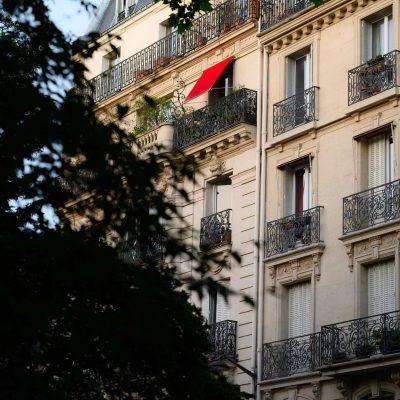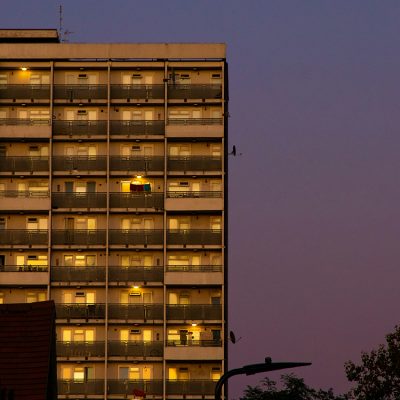La sécurité d’approvisionnement gazière en Europe
Au-delà de la guerre en Ukraine

Citer cet article
Nguyen PV., Defard C. & Breucker F. 2023. « La sécurité d’approvisionnement gazière en Europe», Policy paper, Paris: Institut Jacques Delors, juin.
Résumé
Le passage de l’hiver 2022/2023 fut, en grande partie, assuré grâce à une somme de facteurs conjoncturels : règlements européens d’urgence, report sur le gaz naturel liquéfié, températures clémentes, destruction de la demande. Cependant, une telle stratégie ne peut être reconduite à l’approche de l’hiver prochain tant elle présente des limites géopolitiques, économiques, environnementales ou encore sociales. Dès lors, la baisse structurelle de la demande en gaz, qui passera par une accélération de la transition énergétique, se dégage comme étant la seule option viable permettant de renforcer notre sécurité d’approvisionnement à court terme tout en respectant nos objectifs climatiques de long terme.






